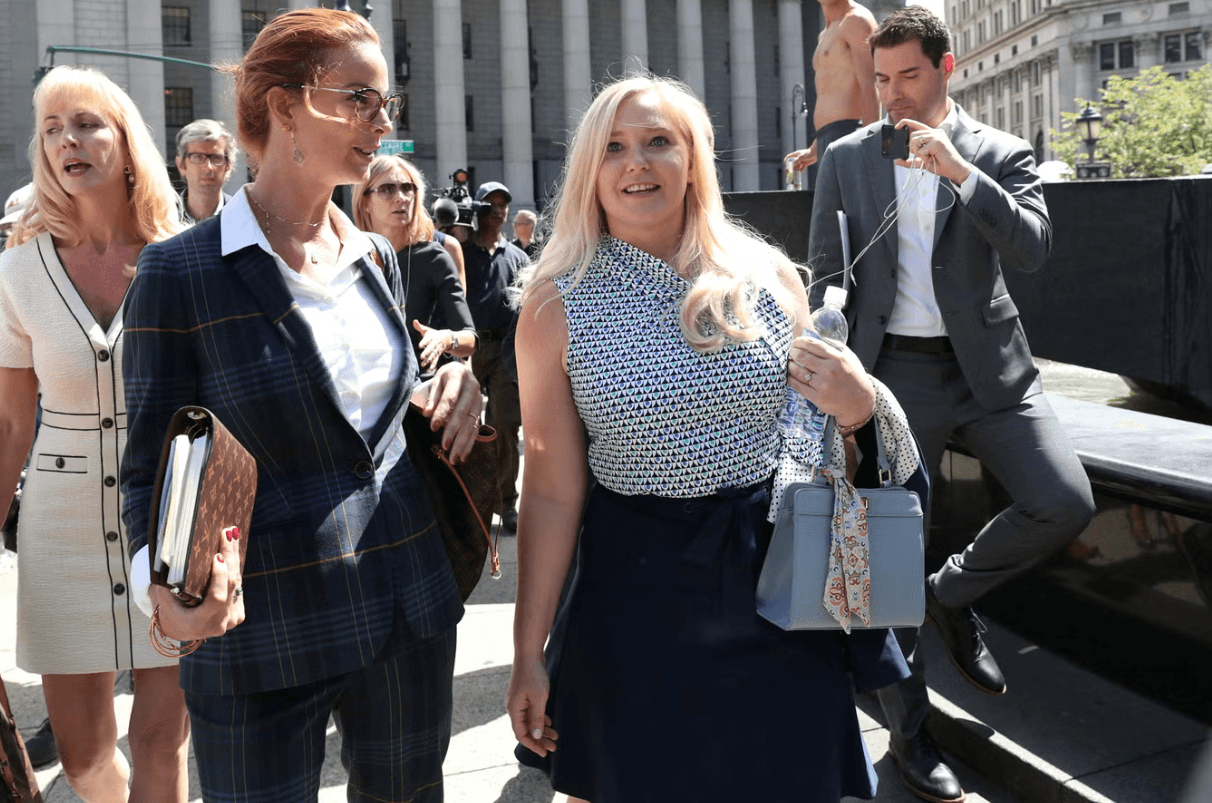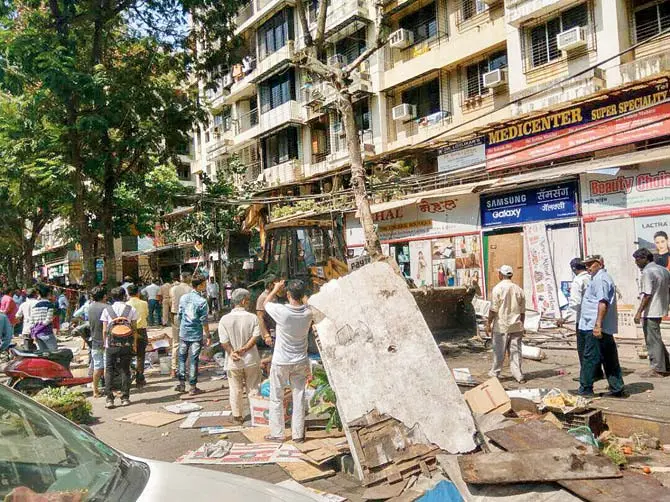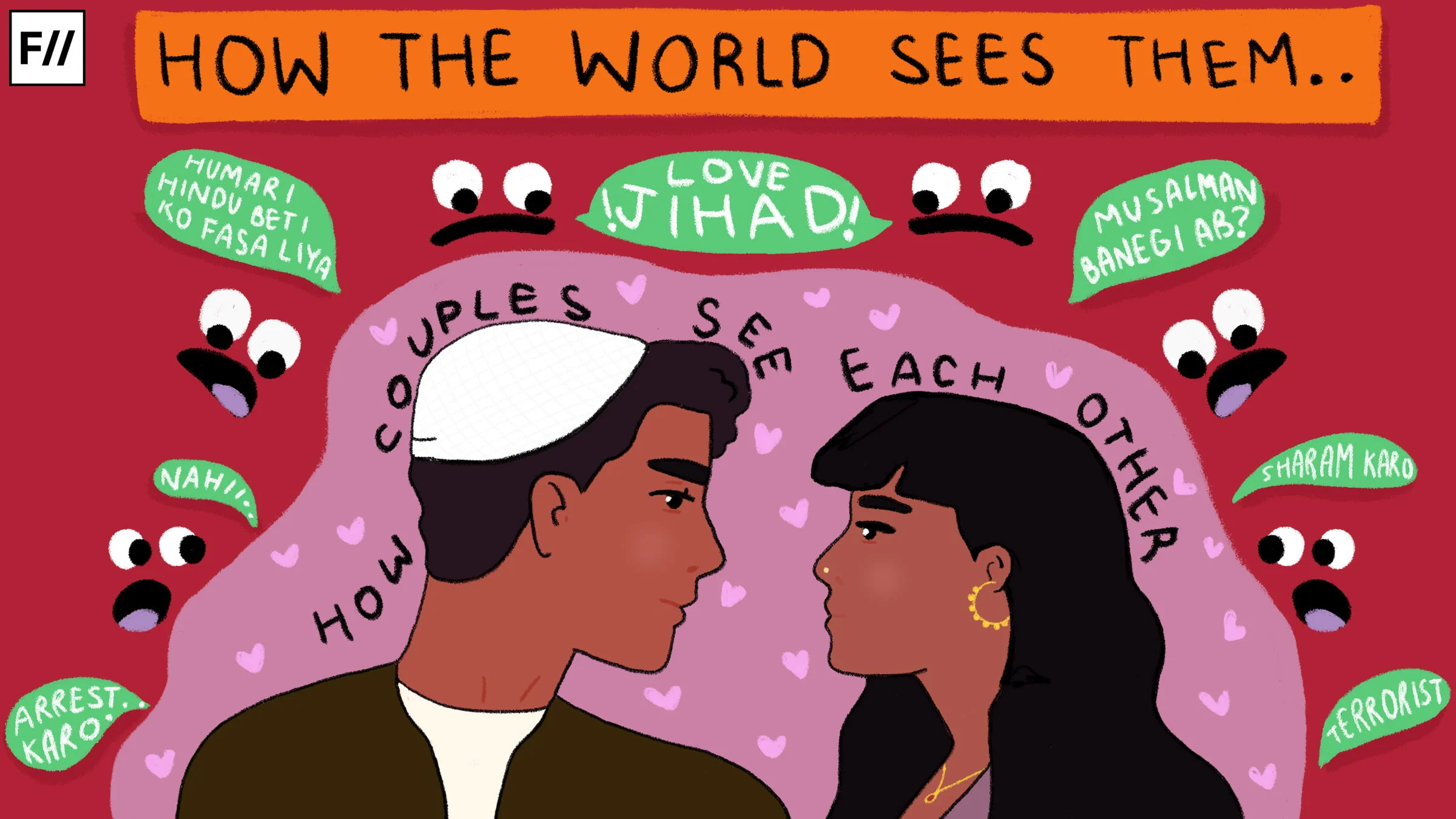Virginia Giuffre’s story is one of both personal survival and a powerful critique of the established systems that shield abusers and silence victims. As one of the most vocal survivors of Jeffrey Epstein’s trafficking network, Giuffre’s testimony and activism forced a global reckoning with exploitation, gendered violence and the failure of justice. She reclaimed her story, shattering the taboo of sexual abuse in elite circles.
Her death at 41, after a long battle with the trauma of her past, marked the heartbreaking end of a life defined by both pain and powerful resilience. Giuffre became a symbol of the horrors of sexual exploitation and the power dynamics that enable it, most notably through her accusations against Epstein and Prince Andrew. Despite her bravery, the trauma she fought so hard to reveal ended up consuming her. Her passing is a stark reminder of the quiet, devastating toll sexual violence takes and how often that pain is carried alone. Giuffre’s legacy isn’t just one of courage; it’s a call to action: to keep demanding justice, to stand with survivors, and to finally break the silence that protects power.
The early years: Grooming and vulnerability
Giuffre, born Virginia Louise Roberts in 1983, experienced instability and neglect in her early life. Raised in foster care for a period of time, she became vulnerable to exploitation at a very young age, which would come to be a factor that Epstein’s network would later manipulate with precision.

At just 16, she was working at Donald Trump’s Mar-a-Lago resort, where she was approached by Ghislaine Maxwell with the promise of a “massage job” that would change her life. It did but not in the way she imagined.
Giuffre was swiftly pulled into Epstein’s trafficking operation, flown around the world and forced into sexual encounters with Epstein’s powerful associates—some of whom remain protected by wealth, legal ambiguity, or silence. These formative years are not just a story of personal loss but also a damning portrait of a system that has been designed to fail the most vulnerable members of the society.
The systemic shielding of the powerful
Virginia Giuffre’s courage in naming her abusers, especially Prince Andrew and Jeffrey Epstein, thrust her into a rare spotlight that many survivors of sexual violence never experience. Her allegations against Prince Andrew, claiming she was trafficked to him at just 17, shook the British royal family and exposed the deep-rooted power dynamics that allow such abuse to persist. While the prince denied the accusations, the damage to his reputation was irreversible. Giuffre’s fight wasn’t just for her healing but to expose a painful truth: that elite and male power enables this abuse to go unchecked.
The 2008 plea deal that saw Epstein serve just 13 months in a county jail highlighted the systemic betrayal that victims faced, as it was orchestrated without their knowledge or consent. Giuffre faced relentless efforts to discredit her yet she continued to speak out, not for ease but because silence allowed these crimes to flourish. Her advocacy, including the 2022 settlement with Prince Andrew, marked a hard-won victory and she used her platform to fight for other survivors, shedding light on the forces that perpetuate such abuse.
Survivorship as resistance: Advocacy and legal fights
Virginia Giuffre’s journey from victim to survivor to advocate was never straightforward and was marked by pain, retraumatisation and relentless public scrutiny. Yet, in finding her voice, she redefined what it means to survive. By founding SOAR (Speak Out, Act, Reclaim), which is a nonprofit dedicated to supporting survivors of sexual violence, Giuffre gave others the opportunity to reclaim their stories and find solidarity. Her advocacy wasn’t confined to legal battles, but it was also about dismantling the simplified survivor narratives often seen in the media.
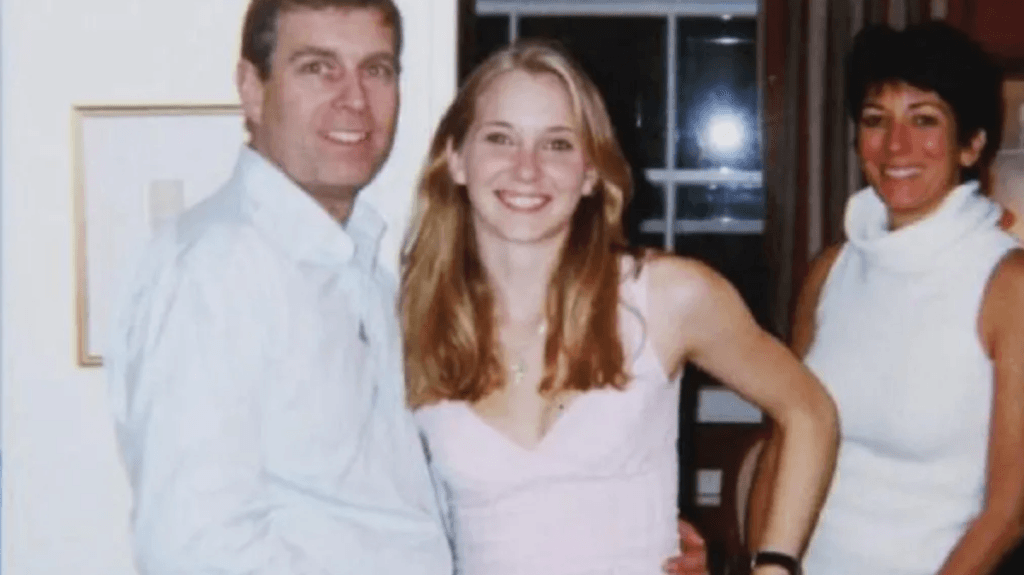
While she spoke openly about her trauma, Giuffre also shed light on her healing and her experience as a mother and the quiet strength that sustained her. She refused to be defined solely by the abuse she endured, offering a subtle yet powerful form of resistance. Giuffre’s work through SOAR and her broader advocacy revealed that survivorship isn’t just about overcoming but also about redefining the terms of resilience and strength while carving out space for others to do the same.
The personal toll of advocacy
Giuffre’s public accusations have often been met with scepticism, which remains to be a response all too familiar for women who challenge powerful men. The media’s portrayal of her as “unreliable,” “seeking attention,” and facing constant scrutiny reflects a long history of undermining female credibility, especially when elite men are accused. Giuffre’s case highlights how belief itself is gendered and classed. Survivors speaking out against powerful perpetrators are often dismissed until the evidence is undeniable and even then belief is grudgingly offered. Giuffre repeatedly had to defend not only the truth of her experiences but also her right to tell them.
Despite legal victories and advocacy, the emotional toll on Giuffre remained heavy. Survivors of sexual trauma often carry their burden for life and Giuffre was no exception. Publicly revisiting her abuse deeply affected her mental health and she spoke about the isolation and psychological impact of reliving her trauma.
Yet, through it all, she remained committed to amplifying silenced voices. Her work with SOAR and role in exposing Epstein’s crimes created a legacy that continues to inspire the fight for justice and systemic change. Giuffre’s death underscores the urgent need for better mental health support for survivors.
A global reckoning: Legacy and reflection
Virginia Giuffre’s death at 41 feels like the end of a story that was both powerful and deeply heartbreaking. Her passing has opened up conversations we should’ve had long ago about how little support we offer survivors and how often the systems meant to protect the vulnerable fail them. In the aftermath of her death, attention is now turning to the possibility that the details of her financial settlement with Prince Andrew, which were previously private, may become public during the probate process. This disclosure could further illuminate the deep-seated corruption and impunity that has protected elite abusers for decades.
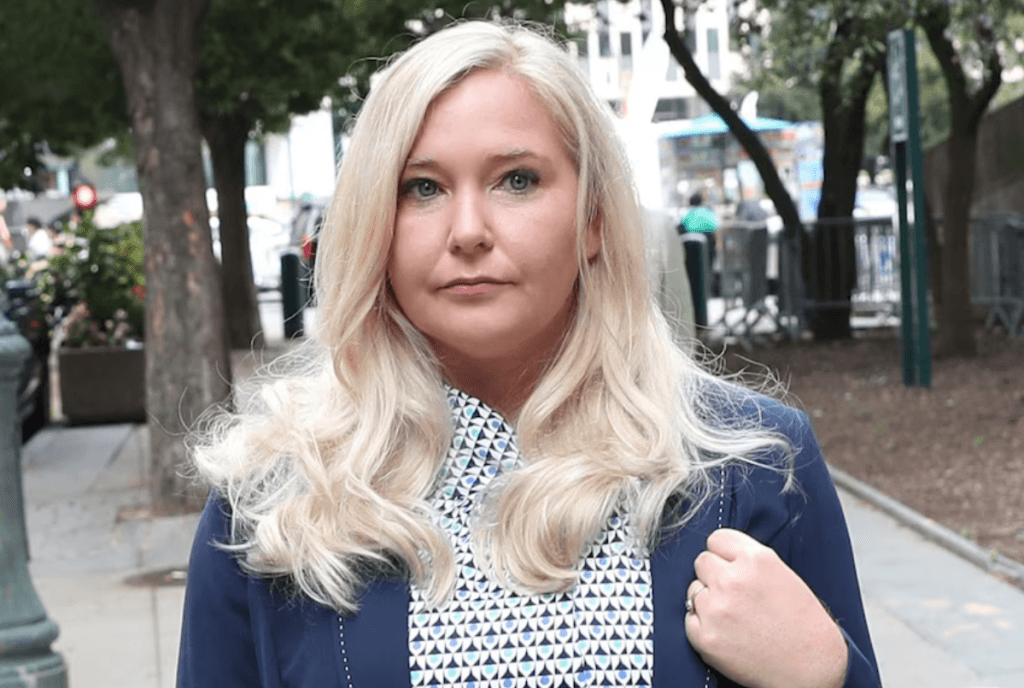
To those who knew and believed in her, she’ll always be seen as a fighter relentless in her pursuit of justice even when it came at a personal cost. But her legacy isn’t just in how she died. It’s in what she stood for and the fire she lit under a broken system. Giuffre’s family has pledged to carry forward her work, particularly through SOAR, ensuring that her advocacy and the fight for justice continue in her name. Their commitment to supporting survivors and dismantling the structures that perpetuate abuse is a testament to the lasting impact of her life’s work.
Her life and the way it ended force us to confront the glaring gaps in care for those living with trauma. As we look back on all she gave, one thing is certain: her mission didn’t die with her. The fight she carried is still with us and it’s more urgent now than ever
Stitching together survival and justice
Virginia Giuffre’s death marks a heartbreaking chapter but it is far from the end of her story. Her life was a defiance against a world that tried to silence her and now her death is a call to action. She was not just a survivor—she was a beacon of strength, a symbol of resistance in the face of unimaginable abuse. Her legacy challenges us to confront the systems that protect the powerful and dismiss the vulnerable.
Giuffre’s voice, once hushed by fear and doubt, now echoes across the world, demanding justice not just for her but for every survivor whose pain has been ignored. Her family’s commitment to continuing her fight through SOAR is a promise that her mission will never fade. As the truth of her settlement with Prince Andrew and the larger network of power that enabled her abuse unfolds, we are forced to reckon with the deep rot that sustains these injustices.
Giuffre’s fight for justice is our fight. Her death is not the conclusion but a new beginning—a call for us to keep pushing, keep fighting and ensure that no survivor is ever silenced again. The revolution she sparked will carry on louder and stronger than ever before.
About the author(s)
Juhi Sanduja is an Editorial Intern at Feminism In India (FII). She is passionate about intersectional feminism, with a keen interest in documenting resistance, feminist histories, and questions of identity. She previously interned at the Centre of Policy Research and Governance (CPRG), Delhi, as a Research Intern. Currently studying English Literature and French, she is particularly interested in how feminist thought can inform public policy and drive social change.
